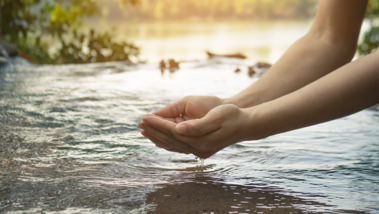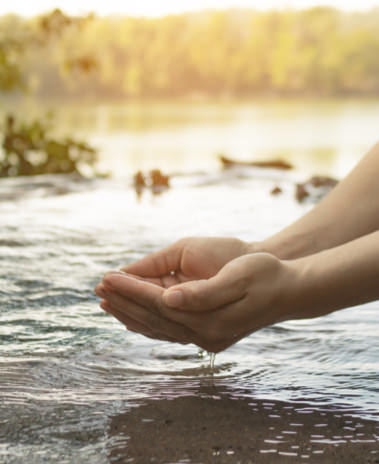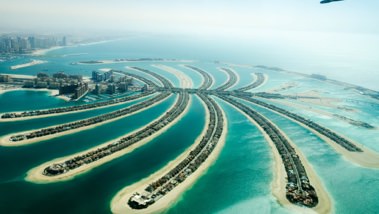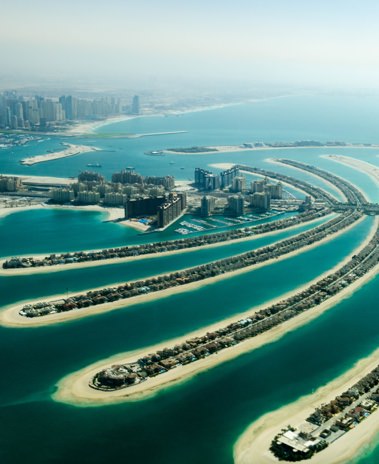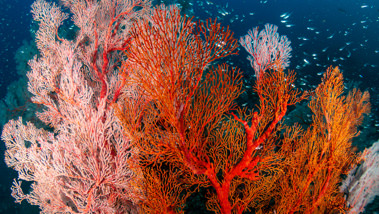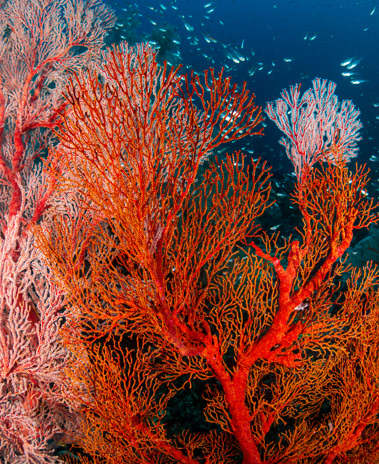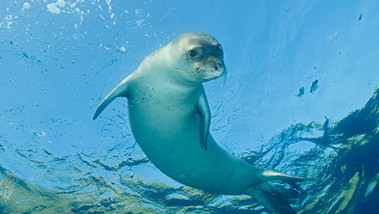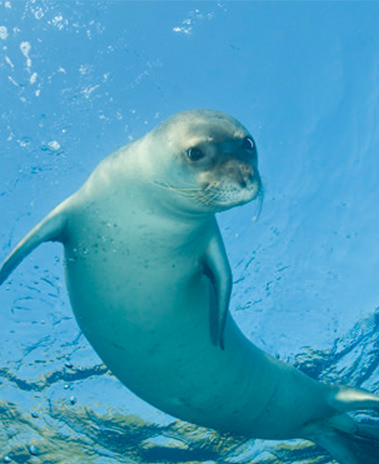#nature
The respect for the environment, flora and fauna or the defense of the nature are essential in fighting climate change. Iberdrola group promotes the biodiversity in ecosystems by supporting the cultural heritage development, apart from encouraging cultural and social awareness in this regard.
-
The Group promoted the planting of 3.4 million trees in seven countries between 2020 and 2023 as part of its Trees programme. The company is committed to planting 20 million trees during the next decade — with the primary objective of reaching 2.5 million by 2022 and 8 million by 2025 — to capture approximately 6 million tonnes of CO2 within 30 years.
To produce a litre of milk, according to the United Nations Organisation for Food and Agriculture (FAO), it takes 1,000 litres of water. Who doesn't consume a tetra brik a day? We know this fact thanks to the water footprint, a concept that measures the consumption of water for goods or services. Its aim is to raise awareness about its rational use, especially now that it is in short supply due to climate change and population increase.
-
Sand is, after water, the most sought after natural resource. It is an essential component in the manufacture of electronic devices and glass, and it is also used in bulk in construction. Rapid population growth and the mass development of cities have turned this material into a scarce commodity and a very lucrative business has emerged in trading sand. The theft of sand is a real threat to the environment.
Man's direct action and global warming are accelerating the extinction of species. While the necessary transition is made towards an environmentally friendly decarbonised economy, it is ever more important to protect the planet's diversity and the natural ecosystems.
-
World Environment Day 2024, which is celebrated annually on 5 June, is part of the United Nations Decade on Ecosystem Restoration, a global initiative to prevent, stop and repair damage to degraded ecosystems all over the world. Totally aligned with this objective, Iberdrola Group is working to conserve healthy ecosystems in all its areas of influence.
-
Facebook We are progressing toward the energy transition and climate neutrality, both essential to restoring ecosystems
-
Twitter We are progressing toward the energy transition and climate neutrality, both essential to restoring ecosystems
-
Linkedin We are progressing toward the energy transition and climate neutrality, both essential to restoring ecosystems
-
Whatsapp
Global biodiversity has declined alarmingly in half a century: more than 42,100 species are at a risk of extinction with climate change being responsible for many of these situations.
-









